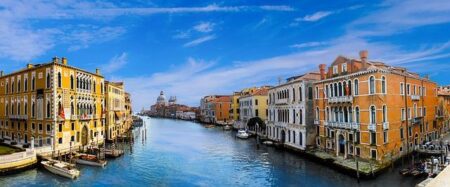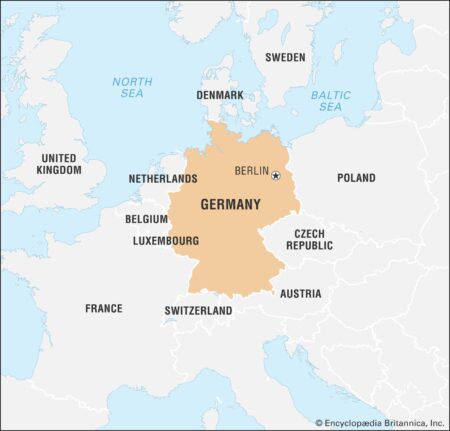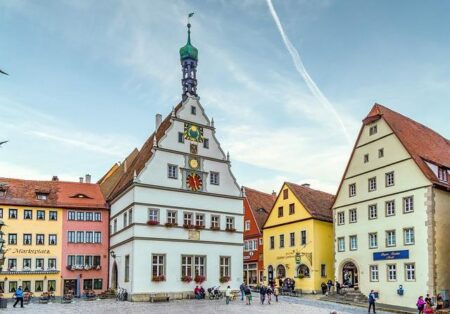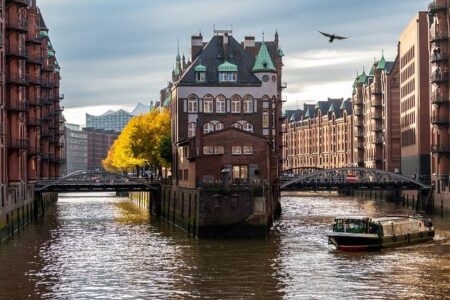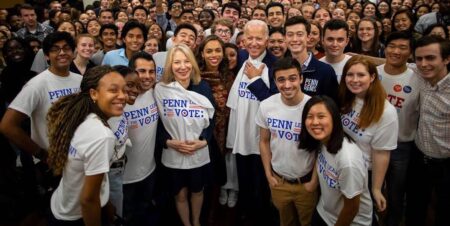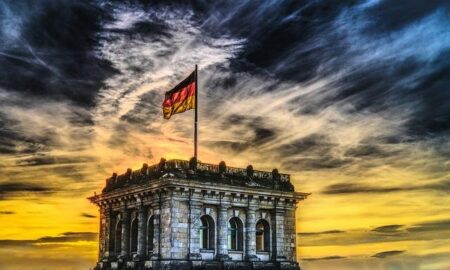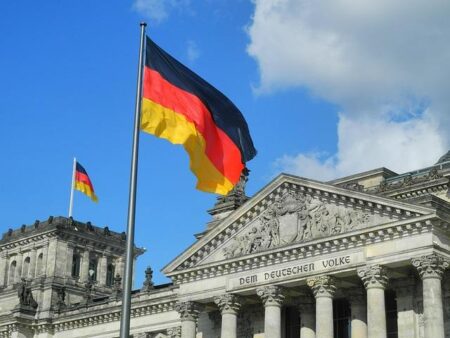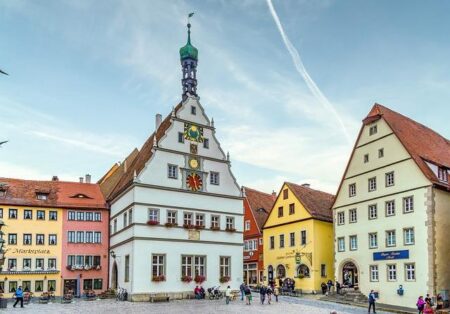Italy’s Prime Minister Giorgia Meloni has extended an invitation to Germany’s opposition leader Friedrich Merz for collaboration on migration policy. This move underscores Italy’s commitment to addressing the ongoing European migration challenges collectively.
Browsing: Germany
In a significant shift, German conservatives emerged victorious in the latest elections, securing a decisive lead. Meanwhile, the far-right Alternative for Germany (AfD) achieved its best electoral performance to date, marking a notable rise in its influence.
In a striking turn of events, a far-right party in Germany has recorded unprecedented support in the recent elections, reflecting shifting political sentiments. Analysts are examining the implications for the nation’s political landscape and societal cohesion.
Germany’s new leader has announced plans to pursue greater independence from the United States, signaling a shift in foreign policy. This move aims to enhance national sovereignty and strengthen ties with other global partners in a changing geopolitical landscape.
In a significant political shift, Germany’s Friedrich Merz declared victory for his conservative party as exit polls indicated substantial gains for far-right factions. This outcome reflects a changing electoral landscape and raises questions about future governance.
In a significant electoral shift, German conservatives celebrated a substantial victory, while the far-right party achieved historic success. This outcome reflects growing support for nationalist sentiments, reshaping Germany’s political landscape.
Germany’s conservative party has secured victory in the latest elections, while the far-right Alternative for Germany (AfD) has surged to second place, according to exit polls. This shift signals a significant change in the nation’s political landscape.
In Germany, a new generation is shaping the far-right movement with brazen rhetoric and social media savvy. This youthful fervor is not only challenging traditional norms but also igniting debates about nationalism and identity in contemporary society.
Polls have opened in Germany for a pivotal election that is being closely monitored by European leaders and the US. With issues like economic stability and climate policy at stake, the outcome could significantly influence the continent’s future trajectory.
Germany’s political landscape has been shaken by sudden turbulence as shifting voter sentiments challenge established parties. A surge in populism and new coalitions are reshaping the electoral map, raising questions about the country’s future governance.
Polls have officially opened in Germany for a crucial general election that could reshape the country’s political landscape. Voters will cast their ballots to determine the future direction of the government amid pressing economic and social challenges.
Young voters in Germany are increasingly turning to the far-right Alternative for Germany (AfD) party, driven by concerns over immigration, economic instability, and climate change. This shift marks a significant change in the political landscape, challenging traditional parties.
In “Meet Germany’s Far-Right Leader, a Study in Contradictions,” the New York Times explores the complex persona of the country’s right-wing figurehead. Examining his populist rhetoric alongside unexpected vulnerabilities, the article sheds light on the shifting political landscape in Germany.
France and Germany have reportedly obstructed a €20 billion aid package for Ukraine, as highlighted by Spiegel. The delay raises concerns over continued European support amid ongoing challenges in Ukraine’s recovery and defense efforts.
As Germany approaches its pivotal election, parties concluded their campaigning with a series of final rallies. Leaders emphasized key issues such as climate policy and economic stability, aiming to sway undecided voters before the polls open.
As Germany approaches the final days before the election, political parties ramp up their campaigns, focusing on key issues such as climate policy, economic recovery, and social equity. Voter turnout and engagement will be critical in this crucial moment.
In the wake of Trump’s unexpected presidency, European leaders are shifting their gaze to Germany’s upcoming election. As concerns about stability and diplomacy rise, many hope that Germany will emerge as a stabilizing force within the EU.
In the wake of a tragic attack at a Christmas market, a German city is grappling with a surge in racially motivated incidents, according to migrant advocacy groups. This alarming trend raises concerns about social cohesion and safety in the region.
German Chancellor Olaf Scholz stands at a political crossroads as he faces a no-confidence vote, testing the stability of his leadership. With tensions rising and challenges mounting, his administration must navigate a precarious path to retain public trust.

